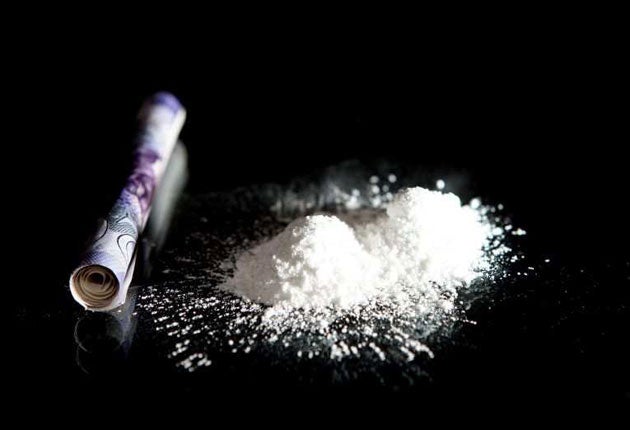Oregon votes to decriminalise heroin, cocaine, meth and other hard drugs
Voters have also backed recreational use of cannabis across a number of states

Your support helps us to tell the story
From reproductive rights to climate change to Big Tech, The Independent is on the ground when the story is developing. Whether it's investigating the financials of Elon Musk's pro-Trump PAC or producing our latest documentary, 'The A Word', which shines a light on the American women fighting for reproductive rights, we know how important it is to parse out the facts from the messaging.
At such a critical moment in US history, we need reporters on the ground. Your donation allows us to keep sending journalists to speak to both sides of the story.
The Independent is trusted by Americans across the entire political spectrum. And unlike many other quality news outlets, we choose not to lock Americans out of our reporting and analysis with paywalls. We believe quality journalism should be available to everyone, paid for by those who can afford it.
Your support makes all the difference.Voters across several US states have backed measures to legalise cannabis for recreational or medicinal purposes, while in Oregon they have gone a step further – decriminalising the possession of small amounts of hard drugs including, but not limited to, heroin and cocaine.
This means that in the west coast state, possession of a non-commercial quantity of such drugs will not attract criminal charges and will be punishable by a fine of up to $100 (£77).
The change makes history, with Oregon “becoming the first state to decriminalise drug possession”, according to the Drug Policy Alliance, which added: “This victory is truly transformative.”
Aside from Oregon, there were victories for drugs policy reformists in several other states. In Washington DC, the public voted in favour of decriminalising hallucinogenic mushrooms.
In New Jersey, more than 60 per cent of voters backed legalising marijuana for personal use – which means anyone over 21 years of age can use it for recreational purposes.
Earlier on Tuesday, the governor of New Jersey, Phil Murphy, said that “legalising marijuana is a matter of social justice, racial justice, and economic justice”. While the referendum was a success, separate legislation will still need to be drafted to work out the details for its implementation.
With this, New Jersey becomes the 12th state in the US to legalise cannabis, a dramatic shift from just a few years ago when it was illegal across the United States.
Arizona voters also moved in favour of legalising marijuana for recreational purposes, including growing plants at home, while in Mississippi and South Dakota, a measure was approved to allow its medicinal use.
Results were still being counted for a decision on whether those states had approved recreational cannabis.
The developments in the US follow two referendums last month in New Zealand, where voters approved euthanasia for people with a terminal illness but voted against allowing recreational use of cannabis.
Join our commenting forum
Join thought-provoking conversations, follow other Independent readers and see their replies
Comments